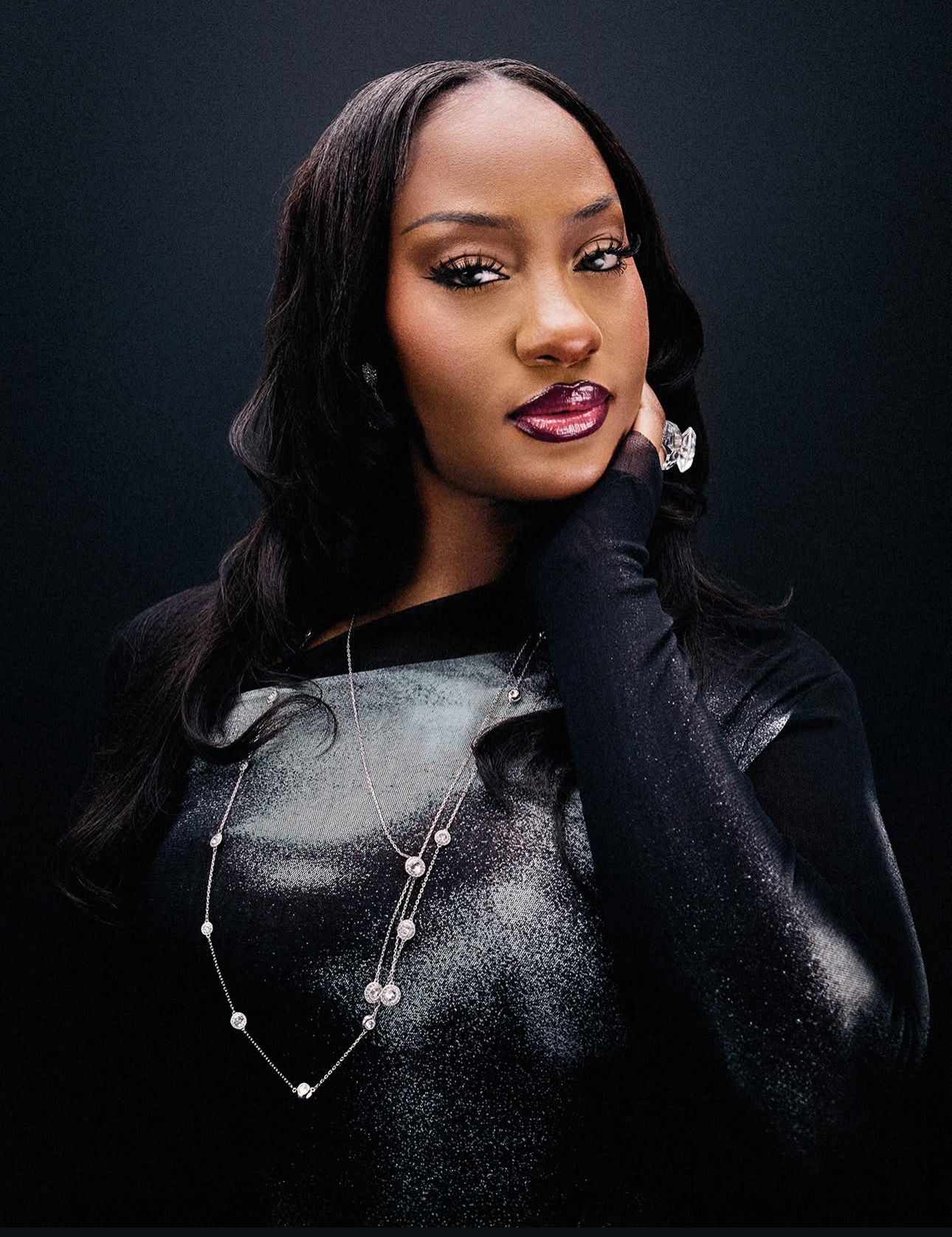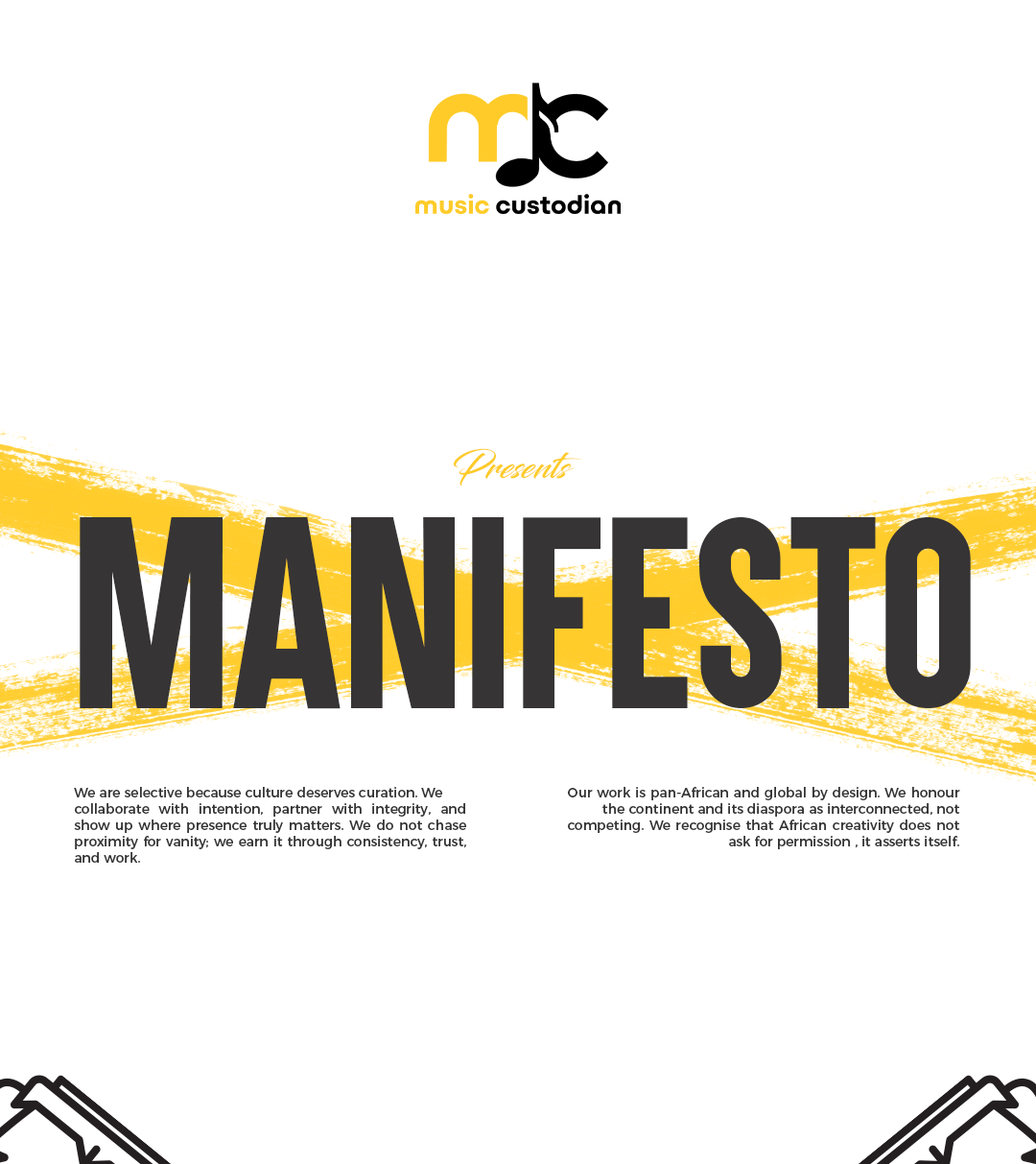Wireless Festival 2025 was celebration of music— and a confirmation of cultural power.
And no genre claimed that power more convincingly than Afrobeats.
Held over three electrifying days at London’s Finsbury Park (July 11–13), Wireless marked its 20th anniversary with a stacked lineup and global eyes watching. But while international giants like Travis Scott, Cardi B, and Central Cee were present, it was the presence—and dominance—of African artists that shifted the pulse of the weekend.
From Rema’s genre-bending cameos, to Odumodublvck’s grime-tinged rebellion, to Burna Boy’s historic co-headlining moment alongside Drake, Wireless 2025 became a testament to the soundscape Afrobeats now commands.

Afrobeats Didn’t Crash the Party—It Threw One
What was once seen as a “global genre with local flare” is now a foundational piece of mainstream music programming. Wireless Festival’s inclusion of African voices was not performative—it was integral.
More importantly, this year proved a new hierarchy: African acts are not openers, not genre tokens, not special guests. They are the moment—and increasingly, the architects of the moment.
Wireless 2025 wasn’t about diversity. It was about direction—and that direction is African.
The Moment Burna Touched the Stage
Let’s begin with the cultural earthquake: Drake bringing out Burna Boy during his global-themed headliner set.
This wasn’t a casual feature. It was a statement—a handing over of emotional capital. Burna didn’t show up to sprinkle Afro flavour; he arrived as a co-curator of the evening’s sonic experience. Together, they performed a genre-fluid rendition of “City Boys” and “Ye”, sending the crowd into frenzied awe. The moment was archived instantly across global media.
This co-sign from Drake—one of the most commercially strategic artists in the world—was not only calculated, it was prophetic. In 2025, Afrobeats isn’t crossing over anymore. It’s crossing borders with sovereignty.

Even amid the high-wattage performances at Wireless Festival, Burna Boy’s set on Sunday stood out—not just for its execution, but for the unrelenting sense of purpose behind it. Speaking to BBC, the global icon, now boasting nearly 24 million monthly Spotify listeners, shared that performing live isn’t just part of the job—it’s his life’s calling.
“I want to be able to do this until I die,” he told the outlet, drawing comparisons to his idols—Coldplay and The Rolling Stones—whose longevity continues to inspire him. “Why don’t I see anyone that looks like me, on those levels, at that age? It’s simple… because they just don’t love it as much as I do.”
That love led him to a legendary collaboration with Mick Jagger on Empty Chairs—a song steeped in reflection and musical kinship. For Burna, the 81-year-old Rolling Stones frontman wasn’t just a feature; he was the only one who could truly understand the emotional terrain of the track.
“Working with him was one of the best experiences I’ve had,” Burna said, ahead of a sprawling European and North American tour slated to run through the end of the year.
Rema: The Future, Now

Rema’s pop-art mystique and fearless artistry landed perfectly in the Wireless equation. When he appeared during Drake’s encore to perform “Is It a Crime” and “Favourite Girl”, the energy crescendoed. His set wasn’t long, but it was sharp—crafted with the precision of a global artist who understands less is more when every second matters.
Dressed in his now-signature futuristic grunge wear, Rema blurred the lines between Afro-pop and intergalactic punk. London’s Gen Z screamed every lyric—not because they were supporting a “foreign act”—but because Rema is one of theirs now.
Odumodublvck & the Old Spice Takeover
On the more underground stage, Odumodublvck reminded Wireless that Afrobeats isn’t monolithic. His energy was electric.
His sonic fusion of Abuja drill, grime, and Nigerian street chants didn’t just win over new fans—it awakened the dormant ears in the crowd. Many attendees said later that Odumodu’s performance was the rawest, most original set of the weekend. From “Declan Rice” to “100 Million”, his gritty affirmations felt both foreign and familiar. In London, it felt like homecoming theatre.


Darkoo, the Quiet Storm
Not to be overlooked, Darkoo offered one of the most soulful sets of the weekend. Her blend of Afrobeats, UK rap, and melodic cadence gave Wireless a softer, deeply resonant pulse. Her rumored backstage link-up with Drake only added to her mystique.
Her performance of “Disturbing U” reminded the audience of how Afrobeats can be intimate, soft-spoken, and still shake the room.
Music Custodian’s Final Word
What we saw at Wireless this year was not just cultural resonance—it was cultural permanence. Afrobeats, in all its forms—experimental, mainstream, diasporic, street-rooted—has moved from an exciting sound to an essential stage.
What does this mean moving forward?
- Expect more strategic bookings of African acts not as diversity checklists, but as core value.
- Expect more genre-collisions between Afrobeats, UK rap, grime, drill, Latin trap, and EDM.
- Expect African creators to become festival co-curators, brand leads, and narrative sculptors.
And most of all: expect Afrobeats to stop being a movement and start being an institution.
Our Afrobeats Heat Different playlist explores sonic soundscapes across the African music industry featuring old talents and new entires. Give it a listen, and if you would love to contribute to it or feature, feel free to reach the team.
For the culture. From the continent. To the world.




